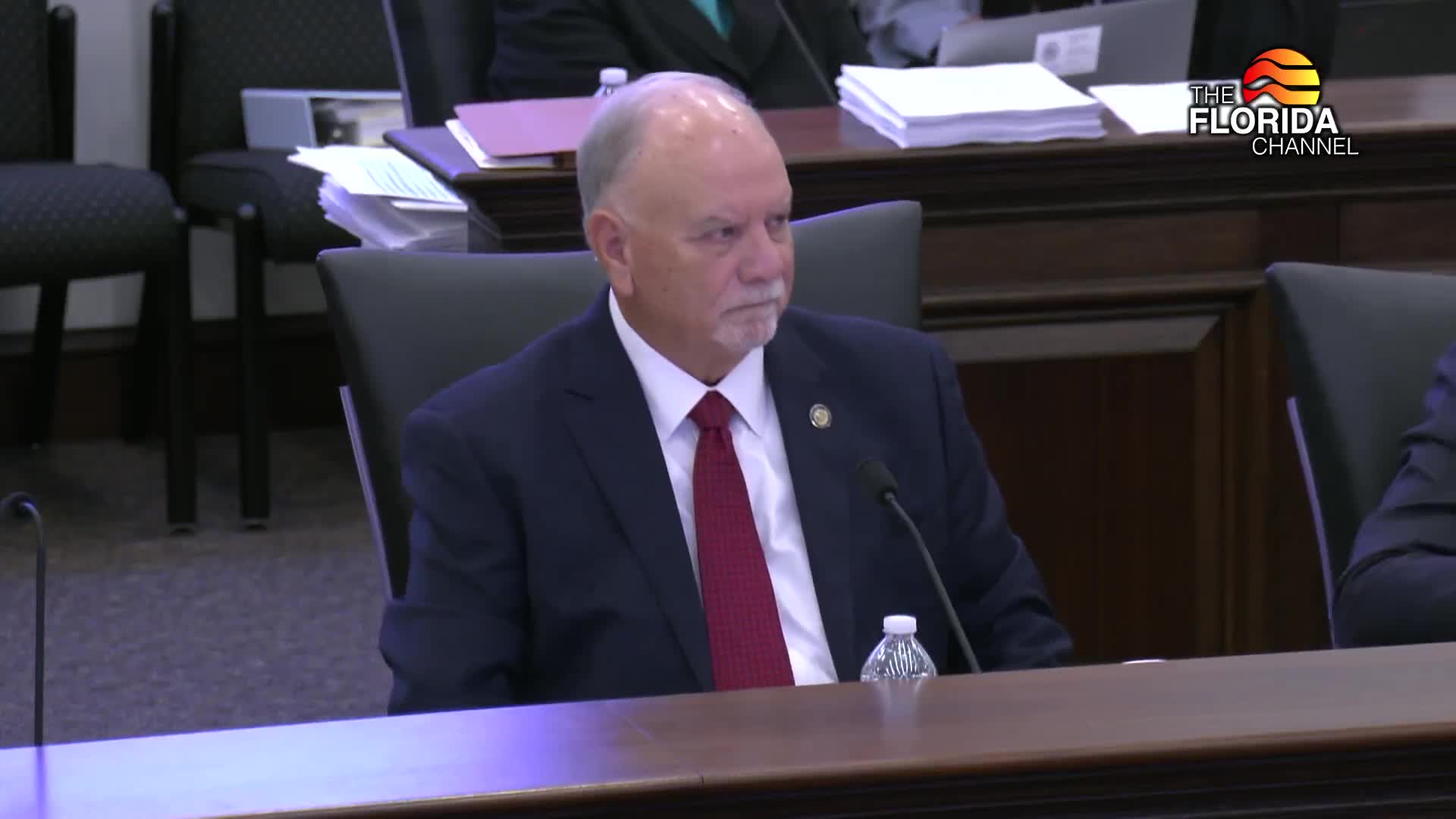Senate committee advances Tristan Murphy Act to expand pretrial mental health diversion and behavioral health data reporting
Get AI-powered insights, summaries, and transcripts
Subscribe
Summary
CS for SB 168, known as the Tristan Murphy Act, was reported favorably after the committee approved an amendment clarifying data-repository management. The bill creates a model for misdemeanor and felony pretrial mental health diversion, expands grant uses for local mental health programs, and establishes a statewide behavioral health data hub.
The Appropriations Committee reported CS for SB 168, the Tristan Murphy Act, which sponsors described as a response to gaps at the intersection of mental health and criminal justice.
Sponsor Senator Bradley told the committee the measure is intended to expand clinically appropriate diversion options and to improve the state's ability to coordinate care for defendants with mental illness. "This bill makes multiple changes to address mental health in the criminal justice system in an effort to divert clinically appropriate defendants to treatment not jail," Bradley said.
Major provisions include: establishing a pretrial misdemeanor and felony mental-health diversion model that allows the court to condition release on treatment compliance and preserves state attorney discretion in admitting felony defendants to diversion; expanding allowable uses of criminal justice mental health reinvestment grants (to include specialized training for 911 operators and EMTs, veteran treatment courts and other services); exempting fiscally constrained counties from certain local match requirements for grants; requiring mental-health evaluations and treatment recommendations for defendants found incompetent who later regain competency and are placed on probation; and directed changes for the Department of Corrections to evaluate inmates' mental health before assigning certain work programs.
The bill also establishes a Florida Behavioral Health Data Repository to collect and analyze behavioral-health information statewide. Senator Bradley accepted a timely amendment (sponsored by Senator Bridal) that names the Northwest Regional Data Center as the lead entity to manage the repository and includes an appropriation to implement it.
Public testimony included mental health advocacy groups and family members supporting the bill. Several senators praised the measure as a step toward keeping clinically appropriate individuals in treatment rather than incarceration; others noted the need for service capacity in local communities.
Committee action: CS for SB 168 was reported favorably by the committee after adoption of the Bridal amendment clarifying the repository manager and adding implementation funding. The sponsor said the measure will provide new community-based pathways and data tools for monitoring outcomes.
Why it matters: The bill creates statutory authority and program structure to expand diversion options across counties, add data collection and reporting, and target grant dollars to build clinical capacity and crisis-response training.
